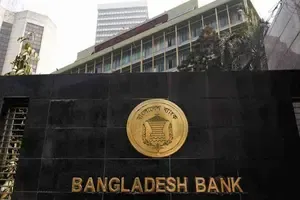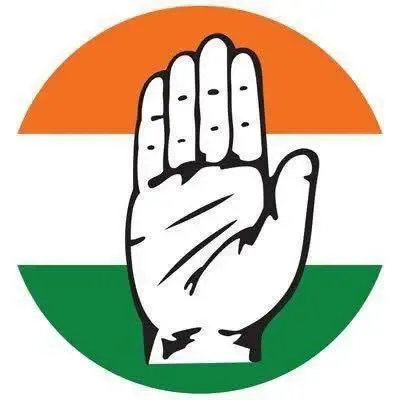Is Bangladesh Facing Its Worst Financial Crisis?

Synopsis
Key Takeaways
- Bangladesh is facing a significant financial crisis.
- High loan defaults are impacting the banking sector severely.
- The government is proposing significant reforms to tackle the crisis.
- The stock market has experienced a long-term decline.
- Expert intervention is crucial for recovery.
New Delhi, Sep 23 (NationPress) Bangladesh is currently experiencing one of its most severe financial crises in recent history. The country's banking sector is struggling with a significant increase in loan defaults, while non-bank financial institutions are nearing collapse. Additionally, a considerable number of companies on the stock market are trading below their face value, as reported by the Dhaka Tribune.
A vicious cycle involving defaulted loans, weak regulations, political interference, corruption, and a prevalence of junk companies has placed the economy in a fragile condition, according to the report.
The Asian Development Bank (ADB) has indicated that Bangladesh now holds the record for the highest volume of defaulted loans across Asia.
As per the latest figures from Bangladesh Bank, the defaulted loans of commercial banks amounted to approximately Tk6 lakh crore at the end of June, with an additional Tk3.18 lakh crore in hidden defaults yet to be revealed.
In response to this troubling situation, the government has suggested eliminating the term “wilful defaulter” from the draft of the new Banking Company Act, arguing that identifying such individuals is complex and misaligned with reality.
However, the amended law of 2023 mandates that every bank compile a list of wilful defaulters and submit it to the central bank.
In 2024, the default rate for total disbursed loans reached 20.2 percent, marking a 28 percent increase from the previous year. The ADB has described Bangladesh as possessing the “weakest banking system” in Asia.
Selim Raihan, executive director of the South Asian Network on Economic Modelling (SANEM), stated: “The problem will persist unless political interference is curtailed and the judiciary is strengthened.”
In a groundbreaking decision, Bangladesh Bank has announced plans to merge five Islamic banks—First Security, Social Islami, Global Islami, Union, and Exim Bank—into a new government-owned entity, provisionally named United Islami Bank. The government is set to inject at least Tk20,000 crore in capital, with these banks reporting default loan rates between 48 and 98 percent.
The outlook for state-owned banks is similarly dire, with recovery of defaulted loans nearly at a standstill. In the initial six months of this year, the top 20 defaulters owed Tk31,908 crore, of which only Tk219 crore was recovered.
The instability in the banking sector has also affected non-bank financial institutions, where the situation is even more alarming.
According to Bangladesh Bank, the defaulted loans of 20 struggling NBFIs total Tk21,462 crore, which accounts for 83 percent of their loan portfolios. The central bank has recommended liquidating nine of these institutions.
Experts claim these institutions are effectively bankrupt, struggling to repay depositors, which further undermines public confidence.
Central bank officials have warned that without immediate action to safeguard depositors, the sector could face total collapse.
The stock market has also been under intense pressure. Over the past 16 years, it has diminished by approximately 38 percent. When adjusted for inflation, investors have, on average, lost capital at a rate of 3 percent annually.
Meanwhile, an influential group has allegedly manipulated the market to accumulate wealth.
According to the Dhaka Stock Exchange (DSE), shares of 98 out of 397 listed companies are currently trading below the face value of Tk10, with over half priced under Tk5.
Saiful Islam, president of the DSE Brokers Association of Bangladesh, commented, “The excessive number of junk shares in the stock market is deterring foreign and institutional investors. Weak companies must be promptly closed or merged, and new, robust firms should be introduced into the market.”









